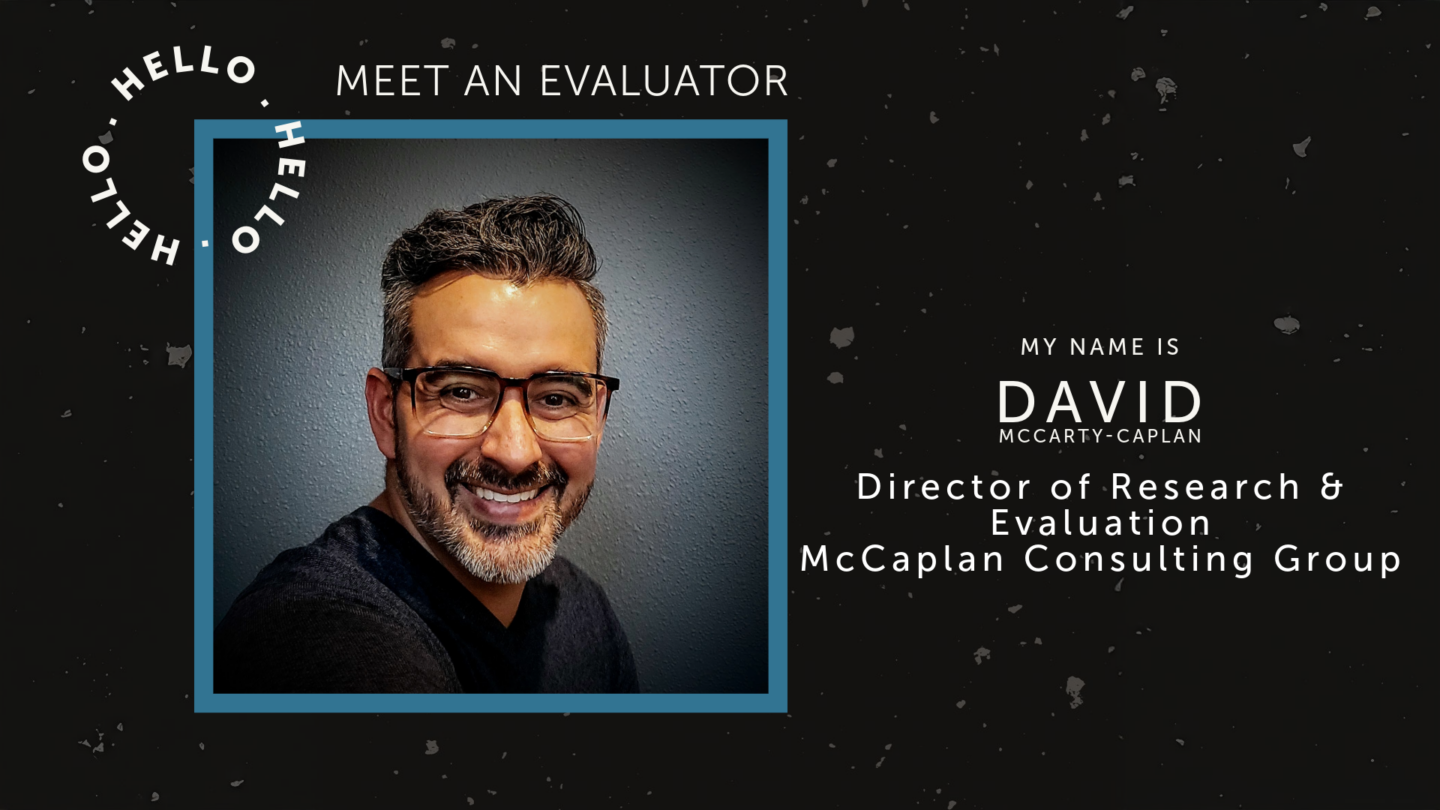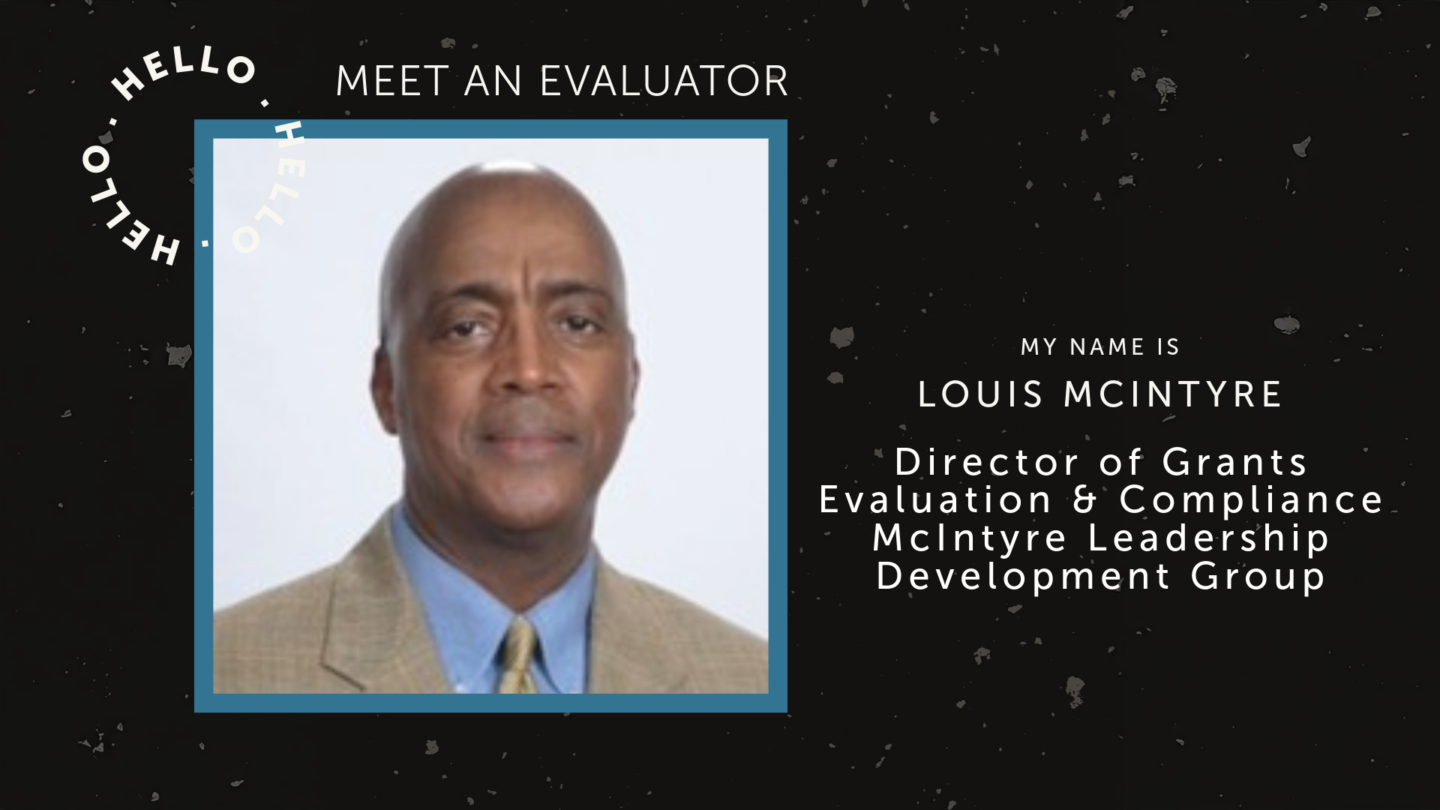
This EvaluATE blog is focused on getting started with evaluation. It’s oriented to new ATE principal investigators who are getting their projects off the ground, but I think it holds some good reminders for veteran PIs as well. To shorten the evaluation learning curve, avoid these common pitfalls:
Searching for the truth about “what NSF wants from evaluation.” NSF is not prescriptive about what an ATE evaluation should or shouldn’t look like. So, if you’ve been concerned that you’ve somehow missed the one document that spells out exactly what NSF wants from an ATE evaluation—rest assured, you haven’t overlooked anything. But there is information that NSF requests from all projects in annual reports and that you are asked to report on the annual ATE survey. So it’s worthwhile to preview the Research.gov reporting template (bit.ly/nsf_prt) and the ATE annual survey questions (bit.ly/ATEsurvey16). And if you’re doing research, be sure to review the Common Guidelines for Education Research and Development – which are pretty cut-and-dried criteria for different types of research (bit.ly/cg-checklist). Most importantly, put some time into thinking about what you, as a project leader, need to learn from the evaluation. If you’re still concerned about meeting expectations, talk to your program officer.
Thinking your evaluator has all the answers. Even for veteran evaluators, every evaluation is new and has to be tailored to context. Don’t expect your evaluator to produce a detailed, actionable evaluation plan on Day 1. He or she will need to work out the details of the plan with you. And if something doesn’t seem right to you, it’s OK to ask for something different.
Putting off dealing with the evaluation until you are less busy. “Less busy” is a mythical place and you will probably never get there. I am both an evaluator and a client of evaluation services, and even I have been guilty of paying less attention to evaluation in favor of “more urgent” matters. Here are some tips for ensuring your project’s evaluation gets the attention it needs: (a) Set a recurring conference call or meeting with your evaluator (e.g., every two to three weeks); (b) Put evaluation at the top of your project team’s meeting agendas, or hold separate meetings to focus exclusively on evaluation matters; (c) Give someone other than the PI responsibility for attending to the evaluation—not to replace the PI’s attention, but to ensure the PI and other project members are staying on top of the evaluation and communicating regularly with the evaluator; (d) Commit to using the evaluation results in a timely way—if you do something on a recurring basis, make sure you gather feedback from those involved and use it to improve the next activity.
Assuming you will need your first evaluation report at the end of Year 1. PIs must submit their annual reports to NSF 90 days prior to the end of the current budget period. So if your grant started on September 1, your first annual report is due around June 1. And it will take some time to prepare, so you should probably start writing in early May. You’ll want to include at least some of your evaluation results, so start working with your evaluator now to figure what information is most important to collect right now.
Veteran PIs: What tips do you have for shortening the evaluation learning curve? Submit a blog to EvaluATE and tell your story and lessons learned for the benefit of new PIs.
*Blog is a reprint of the 2015 newsletter article

Except where noted, all content on this website is licensed under a Creative Commons Attribution-NonCommercial-ShareAlike 4.0 International License.





 EvaluATE is supported by the National Science Foundation under grant number 2332143. Any opinions, findings, and conclusions or recommendations expressed on this site are those of the authors and do not necessarily reflect the views of the National Science Foundation.
EvaluATE is supported by the National Science Foundation under grant number 2332143. Any opinions, findings, and conclusions or recommendations expressed on this site are those of the authors and do not necessarily reflect the views of the National Science Foundation.